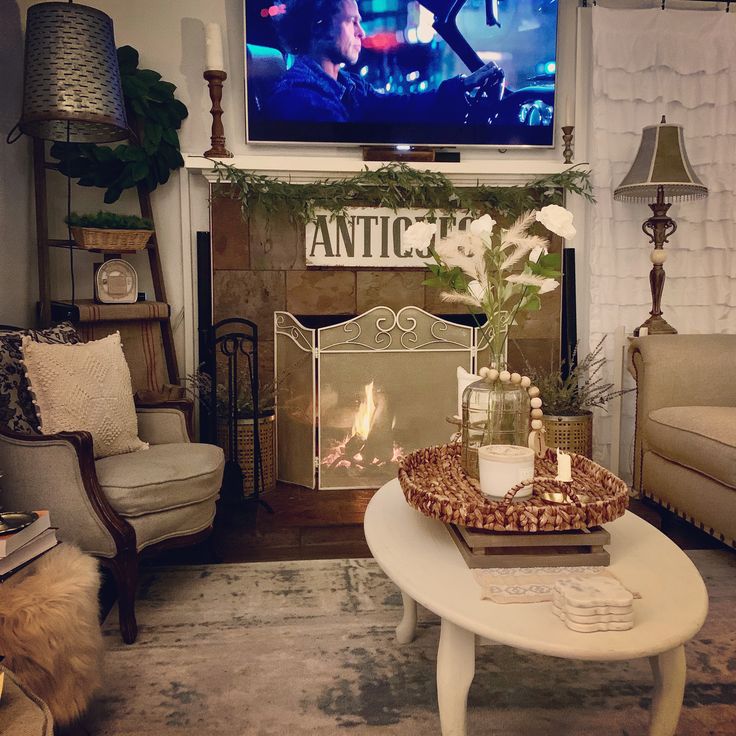Essential Guide: Interior Decorator Tools You Need

Embarking on the journey of interior decorating, whether for your home or for professional purposes, requires a set of tools that blend both creativity and functionality. In this guide, we'll walk you through a comprehensive list of tools every interior decorator should have at their disposal, along with tips on how to use them effectively.
Measurement Tools

- Tape Measure: An indispensable tool for getting accurate measurements of spaces and furniture. Choose a tape measure with both imperial and metric measurements for versatility.
- Laser Distance Measurer: For quick and precise measurements, especially in tight or large spaces where stretching a tape measure can be cumbersome.
- Angle Finder: Perfect for determining angles in corners or sloped ceilings, aiding in custom furniture or art installation.
Pro Note:

📐 Note: Always double-check measurements to avoid costly mistakes in ordering materials or custom pieces.
Design and Visualization Tools

- Sketchbook: Keep a sketchbook handy for quick sketches and ideas. Digital sketchbooks or apps like Procreate can also be very useful.
- 3D Modeling Software: Programs like AutoCAD, SketchUp, or Revit help visualize spaces in three dimensions, allowing for detailed planning and client presentations.
- Color Wheel & Samples: A color wheel helps in understanding color theory, while paint samples and swatches are crucial for matching or contrasting colors in your designs.
| Tool | Use | Best For |
|---|---|---|
| Sketchbook | Ideation & sketches | Brainstorming sessions, initial design concepts |
| 3D Modeling Software | Visualization & planning | Client presentations, detailed space planning |
| Color Wheel | Color theory | Ensuring harmonious color schemes |

Furniture and Hardware Tools

- Drill and Drill Bits: Essential for assembling furniture, hanging shelves, or mounting artwork.
- Stud Finder: To locate studs behind drywall for sturdy installations.
- Level: Ensuring straight lines and correct heights when installing elements like shelves or wall art.
Integrating these tools into your work process ensures not only that items are installed correctly but also enhances the longevity and safety of your installations.
Pro Note:

🔧 Note: Keep all hardware tools organized. A small toolbox can save time and frustration on the job site.
Painting and Decorating Tools

- Painter’s Tape: For clean lines when painting, protecting surfaces, or creating patterns.
- Paint Rollers, Brushes, and Trays: Different sizes for various painting tasks, from touch-ups to full room painting.
- Spackle and Putty Knife: For fixing small holes or smoothing surfaces before painting.
Fabric and Upholstery Tools

- Sewing Machine or Upholstery Stapler: If you’re into fabric customization or reupholstering furniture.
- Fabric Shears: High-quality scissors for precise fabric cutting.
- Pins and Needles: For holding fabric in place during alterations or DIY projects.
Lighting Tools

- Lux Meter: To measure light levels, ensuring rooms have the right ambiance.
- Adjustable Lighting: Various lamps and lights to test lighting effects on color and mood in a space.
- Flashlight or Headlamp: Useful for working in low-light conditions or inspecting dark corners.
Wrapping up, having the right tools in your arsenal not only streamlines your interior decorating projects but also significantly improves the outcome. From measuring and planning to executing the final touches, each tool has its role in bringing your vision to life. The joy of transforming a space with precision and creativity is what makes interior decorating a rewarding endeavor. Remember, while the tools are crucial, your eye for design, understanding of balance, and ability to merge functionality with aesthetics are what truly make a decorator excel in their craft.
How can I ensure accurate measurements in an odd-shaped room?

+
Use a laser distance measurer for precision, especially in tight or irregular spaces. Also, sketch the room’s outline and take multiple measurements from different angles to ensure accuracy.
Are there eco-friendly alternatives to traditional decorating tools?

+
Yes, opt for tools made from sustainable materials or companies committed to environmental practices. LED lighting, water-based paints, and low-VOC products are also eco-friendly choices.
What’s the best software for beginners in 3D modeling?

+
SketchUp is often recommended for beginners due to its user-friendly interface and robust free version with extensive online resources and tutorials.



